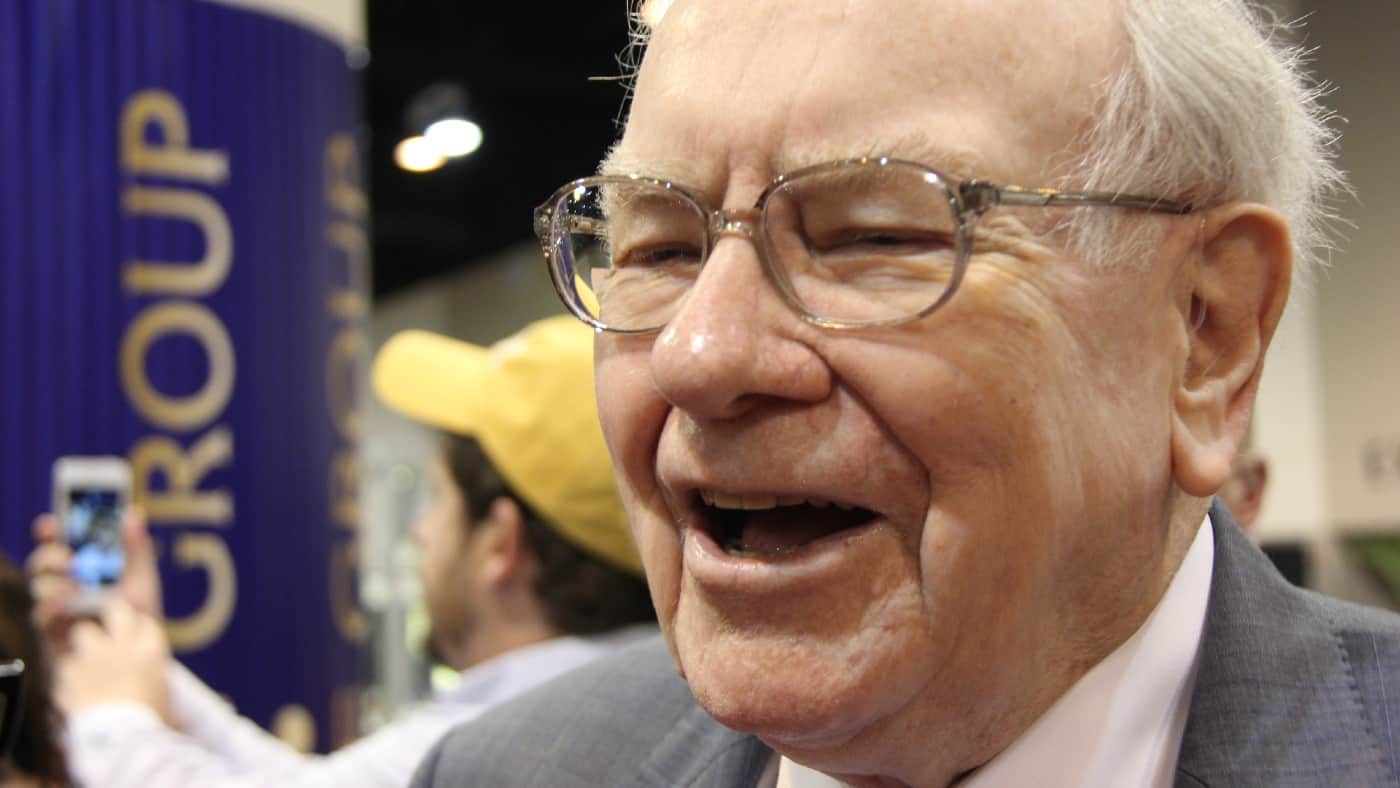When people talk about Warren Buffett and his incredible investing track record, they often point to his many great investments.
But the chairman of Berkshire Hathaway is the first to admit that he has made some costly mistakes in the stock market.
Indeed, what he has described as his biggest mistake of all time offers an important lesson for investors today, even if they are only putting a few hundred pounds into shares rather than a few billion like Buffett.
Surprising choice
What, then, was Warren Buffett’s biggest mistake?
Surprisingly, it was his investment in… Berkshire Hathaway!
How can the huge company that has formed the centrepiece of Buffett’s career be seen as a mistake? After all, he has grown its valuation by an incredible amount over the decades.
Declining business
The issue is not with what Buffett has achieved. It is with what he has not achieved.
When he first invested in Berkshire, it was a struggling but storied textile and clothing manufacturer. There were already signs that its future might not be as financially rewarding as its past.
But buying into a turnaround situation is not necessarily a mistake. Buffett has cooled on turnarounds over the course of his career, but investors can sometimes make good money buying a cheap, basically good business that is going through a difficult patch.
What Warren Buffett has described as his biggest mistake was buying Berkshire and then continuing to pour money into the textile operations over time even as it became clearer to him that the business was in terminal decline.
Opportunity cost
Many investors try to make money by owning shares in businesses battling long-term decline but that are still profitable. Indeed, early in his career Buffett specialised in what he calls ‘cigar butt’ businesses that sold cheaply and had one good puff left in them.
But while such a move can make money it also carries a potentially huge cost. That is an important investment concept to understand for investors on all scales. The cost is the opportunity cost.
Capital allocation
A key reason Warren Buffett has done so well in the stock market is because he is superior to many investors when it comes to investing capital (having significant capital to invest and a long timeframe have also helped).
He sees the initial Berkshire purchase and ongoing support of its declining textile operations as his costliest mistake because of the opportunity cost it imposed. He could have cut his losses earlier.
In the 1970s, Buffett could have invested in some opportunities that went on to do spectacularly well.
We know that because he actually did. But he could have invested more if he had more capital to invest. The fact is he did have more capital. But because he had already invested it in an inferior business, he was unable to use it when far better opportunities came along.
Not considering the opportunity cost of tying up your money is a classic but potentially costly mistake. That is why, rather than buying shares in merely good businesses, like Buffett, I prefer to wait for the sorts of great opportunities he describes as ‘fat pitches’.








